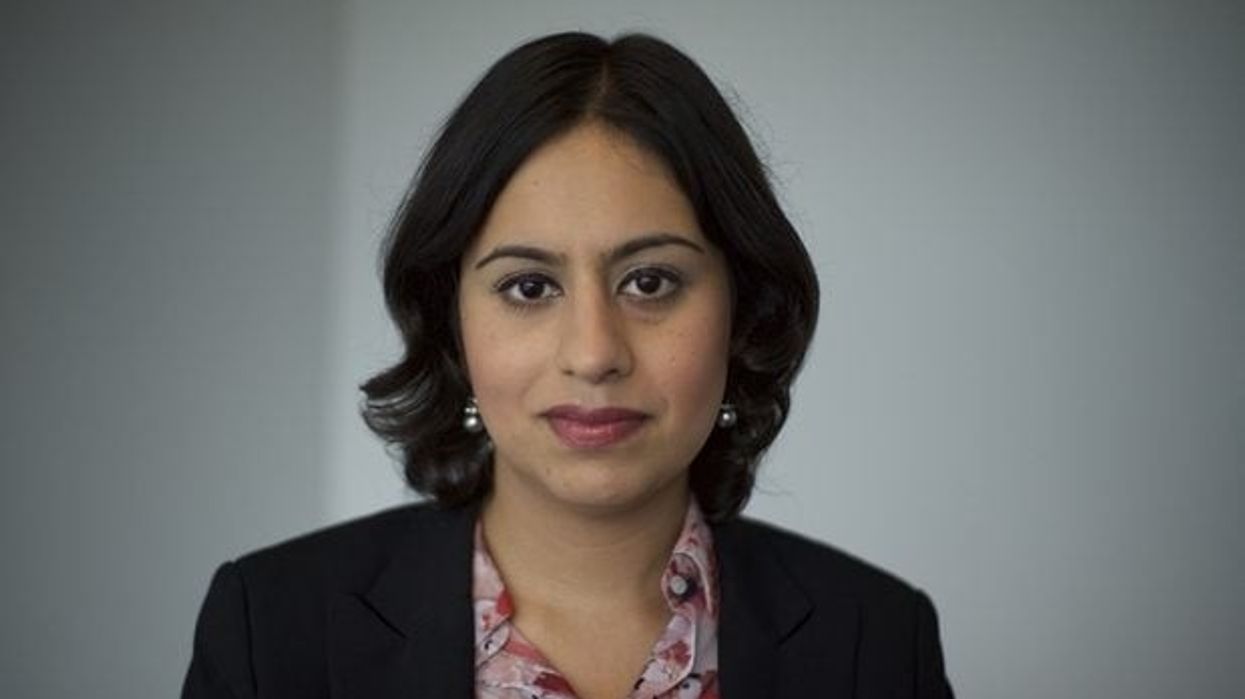The Government’s adviser on social cohesion and resilience, Dame Sara Khan, has said Britain’s diverse and cohesive democracy, built on centuries of hard‑won rights, was facing numerous threats.
In the study titled 'The Khan review', she said now there is a growing climate of threats and harassment leading to serious censorship that is not just affecting our politicians, but members of the public too. This was creating a pervasively censorious culture antithetical to our democratic way of life, she added.
Terming it 'freedom-restricting harassment', Sara said unlike terrorism or foreign state interference, many of these cohesion risks are "chronic, insidious and often sit below the radar".
Their impact is not actively measured or even fully appreciated, but they are eroding cohesion and our democratic norms at an individual, institutional and societal level, she observed.
Sara observed that this threat is undermining academic freedom, press freedom, the arts and cultural sector and civic society.
The study had polled a nationally representative sample of 1,279 respondents aged above 16 in the country, and 85 per cent believe freedom-restricting harassment currently occurs in
the UK, with 60 per cent believing the problem is worse than five years ago.
Nearly 44 per cent of respondents claimed they have witnessed freedom-restricting harassment online, and equally 44 per cent said they have witnessed it in person.
She said this trend crosses ideological and social divides, affecting individuals from all walks of life, and warned that cherry-picking some victims and perpetrators over others to suit one's narrative will be self-defeating.
Evidence gathered during this study shows a widespread phenomenon of extreme forms of harassment leading individuals into silence, self-censoring, or abandoning their democratic rights.
Sara said the perpetrators indulge in doxing, inciting hatred and violence against individuals and their families, sending death and rape threats, and other forms of threatening behaviour. This form of harassment and resultant censorship is creating a ‘chilling impact’ on freedom of expression and other democratic freedoms, she added.
Nearly 27 per cent of respondents claimed they experienced ‘life altering’ freedom-restricting harassment. When asked about the impact, 77 per cent from this group reported either not being able to fully express their opinion or experiencing a decline in their personal freedom.
Around 61 per cent of this group took specific actions, with 20 per cent coming off social media and 17 per cent saying they had taken additional security measures.
The majority of the public are concerned about the impact of freedom-restricting harassment on individual liberty. They felt it undermines people’s ability to live and speak freely.
The report lamented that though the victims of freedom-restricting harassment suffer devastating impacts, yet are often not treated as victims or offered the support they need.
National strategy needed
Dame Sara held 30 meetings with local authorities across the country and 46 with civil society groups.
She said while local authorities and responders are struggling to manage evolving social cohesion threats, Whitehall lacks a national strategic approach to help improve local authorities’ capabilities.
She noted that while the Defending Democracy Taskforce seeks to reduce the risk of foreign interference to the UK’s democratic processes, they do not focus on the chronic threat to democracy from domestic and non-state actors engaged in disinformation, conspiracies and extremism.
The report stated that a cohesion response unit, staffed by policing, education and counter-extremism officials, was needed to tackle “early tensions” and “live flashpoint incidents” in local areas before they spiral out of control.




